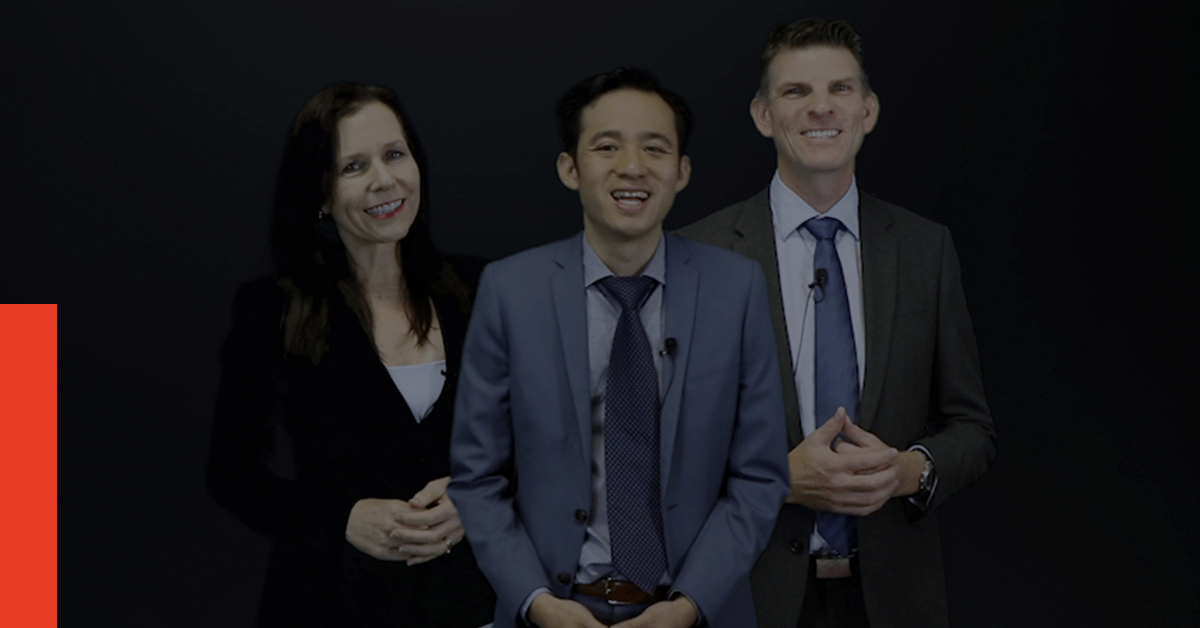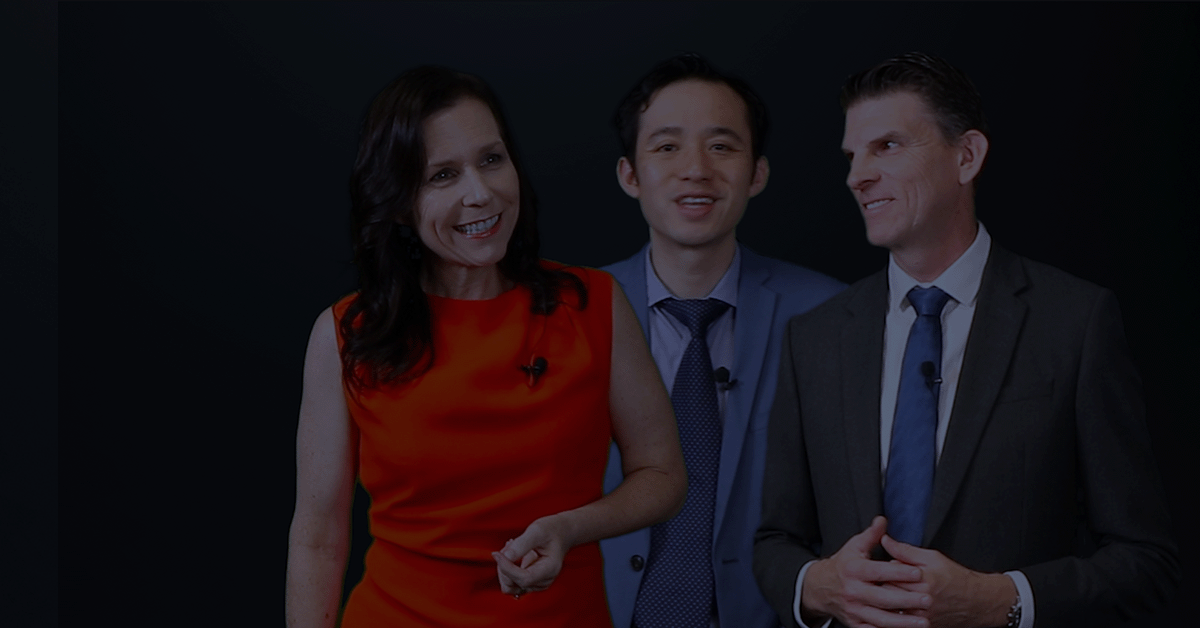July 2024 Round Up - The Tax Practitioner reforms: where are we now?
Tax practitioners have a reprieve from the 1 August 2024 Code of Conduct changes, but that is not the end of it. We explore the raft of reforms in play and where they are up to.
Plus, the case that explores whether 'gifts' and 'loans' are taxable and what it takes to convince the Tax Commissioner.
Change is a constant for the profession. The Knowledge Shop membership can help you and your team keep ahead of change with an advisers' help desk, workpaper knowledge base, quarterly PD, and more - wherever you are and however you are working. Book in a time for a tour or call the Knowledge Shop team on 1300 378 950.
Inside this month Michael Carruthers (Tax Director), Matthew Tse (Tax Adviser) and Lisa Armstrong (MD) bring you:
Home office deductions
Reference Your top 5 work-from-home questions
The ATO has issued a list of common Q&As in relation to individuals looking to claim deductions for home office running expenses.
Many practitioners would be aware that individuals have had the choice of claiming deductions for home office running expenses either using the actual or revised rate method of 67 cents per hour since 1 July 2022. A key focus of the ATO’s guidance is on the revised fixed rate method.
First, the ATO explains that there are no requirements around minimum hours worked from home before someone is entitled to use the revised fixed rate method. This is as long as the following conditions are satisfied:
- They perform genuine work or business activities from home (rather than just carrying out minor tasks such as checking emails or taking calls);
- They personally incur additional running expenses as a result of this work; and
- They keep and retain relevant records.
In relation to record keeping, the ATO also explains that taxpayers must have records showing the total number of hours they have worked from home during the income year (including their start and finish time on relevant days). This can be recorded through a diary, spreadsheet, rosters or timesheets and must be recorded contemporaneously.
Apart from a transitional period which has now expired, estimates or a sample period of representative hours worked from home are no longer accepted.
While this is not available to individuals who use the revised fixed rate method, the ATO also clarifies that individuals using the actual method to claim home office running expenses may also be entitled to claim additional deductions for mobile phone call and data usage costs.
The challenge then becomes apportioning the deduction between work and private use. While there might be several ways to undertake such an apportionment, the ATO considers the easiest way to manage this is for individuals to keep a diary over a continuous 4-week period (e.g., of the type of calls made and time spent using the internet for work versus private use).
Finally, the ATO cautions that an employee generally can’t claim deductions for occupancy expenses such as rent, insurance or interest on their mortgage. This is unless their home meets the conditions to be considered a ‘place of business’, which tends to be less common for employees.
Tax practitioner regulatory reform
Much to the relief of the profession, the changes introduced by the Tax Agent Services (Code of Professional Conduct) Determination 2024 on 2 July 2024 with a start date of 1 August 2024, have been postponed until 1 July 2025 for practices with 100 or less employees, and 1 January 2025 for larger practices. That will certainly take the pressure off the Code changes. However, the 1 July 2024 start date for breach reporting and the rules for disqualified practitioners (1 Jan 2024) remain in place.
How did we get here?
When a former partner of PwC leaked confidential government information and used it to help clients side step impending new laws, it exposed a series of deficiencies in the regulation of tax practitioners. A series of enquiries triggered reforms to close the gaps, reforming tax practitioner regulation and registration, communication between government entities, and the investigative powers of the Tax Practitioners Board amongst other things.
- Treasury Laws Amendment (2023 Measures No. 1) Act 2023 - Disqualified entities, breach reporting, annual renewal and ministerial powers
- Treasury Laws Amendment (Tax Accountability and Fairness) Act 2024 - whistleblower protections, public register, TPB investigative powers
- Tax Agent Services (Code of Professional Conduct) Determination 2024-
Additional code of conduct requirements - Tax Practitioners Board registration review - Treasury consultation into the eligibility requirements for tax practitioner registration including removing the influence of the professional bodies
The reforms
|
|
Applies from |
Transition |
|
Code of conduct |
|
|
|
Upholding and promoting the ethical standards of the tax profession |
1 August 2024 |
Following lobbying by the joint professional bodies, practitioners now have until:
|
|
False or misleading statements |
1 August 2024 |
|
|
Conflicts of interest in dealings with government |
1 August 2024 |
|
|
Maintaining confidentiality in dealings with government |
1 August 2024 |
|
|
Keeping of proper client records |
1 August 2024 |
|
|
Ensuring tax agent services provided on your behalf are provided competently |
1 August 2024 |
|
|
Quality management systems |
1 August 2024 |
|
|
Keeping your clients informed of all relevant matters |
1 August 2024 for matters arising on or after this date |
|
|
Breach reporting |
1 July 2024 |
|
|
Disqualified entities |
|
|
|
Employ or use the services of an entity that you know is a disqualified entity |
1 January 2024 |
31 December 2024 for contracts entered into before 31 December 2023 (if no TPB approval to continue, arrangement must cease by 1 January 2025) |
|
Disqualified entities or persons operating through the agent |
1 January 2024 |
For arrangements entered into before 31 December 2023, arrangement must cease by 1 January 2025 (but should be sooner as likely a breach of Code item 1 and 7) |
|
TPB Powers |
|
|
|
Information sharing with Government agencies |
1 June 2024 |
|
|
Register disclosures |
1 July 2024 – now live |
|
|
Whistleblower protections |
1 July 2024 |
|
Likely impacted practice areas
Many of the additional requirements tighten existing obligations. Others impose additional requirements that increase the risks and compliance of being in practice.
Key areas likely to be impacted by the additional Code requirements include:
- Practice policies, procedures, and quality control.
- Interest registers (to manage
- Client engagement and onboarding
- Engagement of service providers for tax agent/BAS agent services.
- Staff training and supervision.
- Systems – to support record keeping and communication.
Taxpayer unsuccessful in arguing that the deposits received were gifts and loans
Reference: Rusanov v Commissioner of Taxation [2024] FCA 777
The Federal Court in Rusanov v Commissioner of Taxation [2024] FCA 777 considered whether certain deposits into the taxpayer’s bank account were genuine gifts or loans.
The taxpayers received significant deposits into their bank account over a number of years which were not disclosed as assessable income in their respective tax returns. The ATO subsequently commenced an audit leading to a default assessment, which treated these deposits as assessable.
While the taxpayers argued that the deposits were non-assessable gifts from their father or otherwise loans from a friend, they were unsuccessful at the AAT. This was mainly because the AAT considered that the taxpayers had not discharged their burden of proof that the ATO’s default assessments were excessive, which ultimately requires the taxpayers to prove what their actual taxable income was in those years.
Subsequently, the taxpayer appealed to the Federal Court and argued that they had produced and relied on evidence consistent with the ATO’s guidelines in relation to documenting gifts and loans from overseas parties. This seemed to include declarations and various statements from the purported lender and donor.
However, the taxpayer was unsuccessful, with the Federal Court ruling in favour of the ATO and ultimately concluding that it was correct for the AAT to come to its original conclusion. This outcome was reached having regard to a number of matters, including:
- There were no contemporaneous records to substantiate the payments, including emails or texts acknowledging receipt, which the AAT found implausible;
- There was no documentation to evidence any sort of loan agreement, including no payments of interest nor a fixed time to repay the loan; and
- The taxpayers were selective in providing evidence, including an absence of evidence regarding companies in which they were directors. It seemed at least one of the companies was related in some way to their father, such that the AAT could not be satisfied that the transfers were not renumeration for services performed by the taxpayers.
In a case like this involving default assessments, it is important to remember that the bar is generally set quite high. This is because taxpayers are required to prove what their actual taxable income was in the relevant years to demonstrate the ATO’s assessments were excessive.
Also, practitioners should be aware of other potential issues when funds are received by Australian clients from overseas related parties, especially when the amounts are sourced from private companies or trusts.
Even though a non-resident company might be based overseas, Division 7A potentially can apply to loans and payments made by these companies to Australian shareholders (or associates of shareholders). This can also potentially apply when the funds pass through an interposed entity. If these rules are triggered then the client could be treated as having received a deemed unfranked dividend.
If any funds are received from a foreign trust, section 99B can potentially apply where they represent income or gains that would have been taxed in Australia had they been derived by a resident of Australia. This can potentially be an issue even where the funds represent profits accumulated from a prior year.
Share this
You May Also Like
These Related Stories

Feb 2024 Round Up - what's up with ATO debt recovery?

March 2024 Round Up - ATO wielding Part IVA against professional practices


No Comments Yet
Let us know what you think